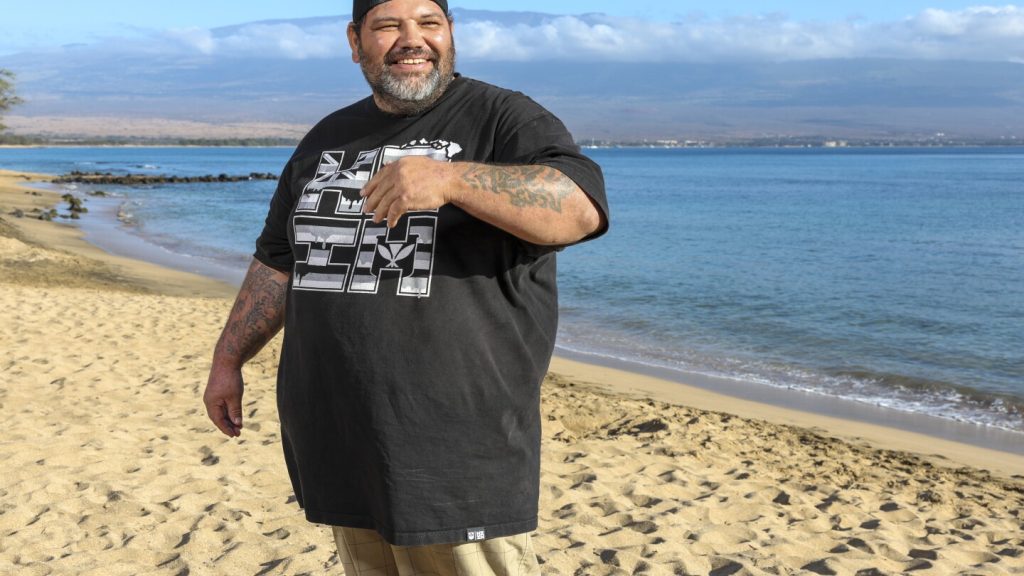The November election in Maui brought to light issues with signature verification on mail-in ballots, leading to the rejection of hundreds, even thousands of ballots due to signature mismatches. Joshua Kamalo, a voter in Maui, had his ballot rejected along with others at his workplace and even his daughter. The rejection was due to the county’s inability to verify their signatures on the return envelopes. This raised concerns about disenfranchisement and the impact on closely contested local races.
The use of mail-in voting has been on the rise, especially in 2020 during the COVID-19 pandemic, with eight states and the District of Columbia adopting universal mail voting. However, the process of verifying signatures on mail-in ballots can lead to ballots being rejected, ultimately disenfranchising eligible voters. Some states allow voters to cure their ballots if there are issues, but the timeframe for correction is sometimes deemed too short, leading to concerns about voter suppression.
Nevada, a key battleground state in the presidential election, rejected about 9,000 mail-in ballots in November primarily due to signature problems. While this did not affect the outcome of the presidential race, it could have impacted local races decided by narrow margins. Voting rights groups have called for an overhaul of the verification process to ensure that eligible votes are counted and that close races are not decided based on rejected ballots.
In response to the signature match issues, Nevada voters approved a constitutional amendment requiring voters to present identification when voting with a mailed ballot. This amendment aims to address the shortcomings of the signature verification process and prevent disenfranchisement. Similar changes were implemented in Georgia, where voters now have to provide their driver’s license or state identification card number when returning a mailed ballot.
The push for ID requirements in mail-in voting has sparked debates about accessibility and the potential burden on voters, especially in states where mail-in voting is a common practice. In Maui, the rejection of a significant number of mail-in ballots led to a lawsuit challenging the results of a local county council election. The lawsuit alleged that ballots were wrongly rejected due to signature mismatches, prompting calls for a new election in the closely contested race.
While the state Supreme Court upheld the signature verification process in Maui, many voters have shared similar experiences of being informed that their signatures did not match. This has raised concerns about the fairness of the process and the impact on voter participation. Moving forward, there is a need to address the challenges with signature verification on mail-in ballots to ensure that every eligible vote is counted and that the integrity of the electoral process is upheld.


